Should I Continue to Teach English? Conflicting Subjectivities of a Racialized Teacher
This autoethnography explores the politics of place, the impact of colonization on my linguistic identity as a racialized English language teacher, and the intersection of race and racism in the professional sphere for non-native English teachers (NNES). I analyze my lived experiences through theoretical lenses
that inform research on race, teacher identity, teacher education, and English language teaching. I conclude by sharing my reflections/views on how marginalized teachers can resist hegemony in the professional sphere and reappropriate their racial and professional identities.
Keywords: colonized; identity; race; resistance; whiteness
1. INTRODUCTION
Am I invisible?
Or am I overshadowed by whiteness?
Whiteness that is perceived very hard to see,
Yet permeates my way of being.
Do I have to be white to make people listen to me?
Do I have to be white for people to respect me?
Do I have to be white for people to value me?
Do I have to be white for people to appreciate me?
The purpose of this autoethnography is to analyse the intersection of my racial,
professional, and linguistic identities in terms of my lived experiences as they relate to
colonial structures of power. I will share some ways to resist hegemony in teaching
practice and bring an awareness of how race and racism infiltrate the teaching practice
of racialized English language teachers (Motha, 2014).
Ann Marie Foerster Lou (2013), winner of the National Geographic Teacher of the Year
award opened her acceptance speech by saying, “Who you are is just as important as
who you teach” (as cited in Motha, 2014, p. 98). We carry our multiple identities and
subjectivities into the classroom. We constantly negotiate our identity in relation to the
politics of the place. Writing this piece was emotionally draining as I battled with
numerous facets of my identity. I realized that, as an English teacher, I perpetuate a
dominant ideology that subjugates students from the Global South. On the other hand,
this process was also agentive and transformative. This autoethnography emerged from a course on the sociocultural perspective on education and identity, a part of my
master’s program. The enriching academic discourse and subsequent assignments
unearthed deep colonial sentiments, demonstrating how the course material itself was
an agent of empowerment (Ilieva, 2010).
The impact of race and racism often remains unquestioned in Asian English Language
teaching (ELT) contexts (Kubota, 2022). I write this piece to share my voice and raise
awareness among English teachers in India and other post-colonial contexts, urging
them to examine the implications of coloniality on their identity and practice. I also
address the question: How has coloniality shaped my personal and professional
identities in both national and transnational contexts?


